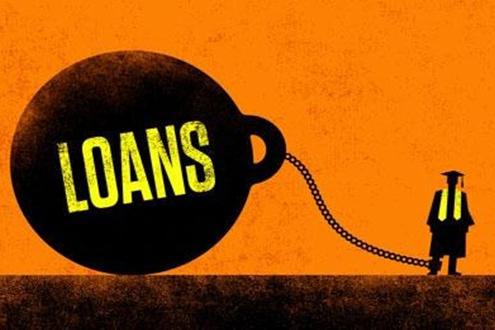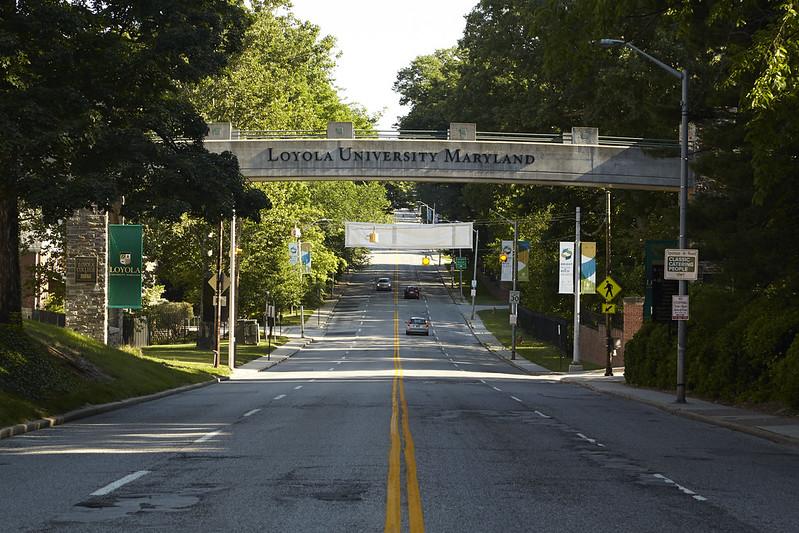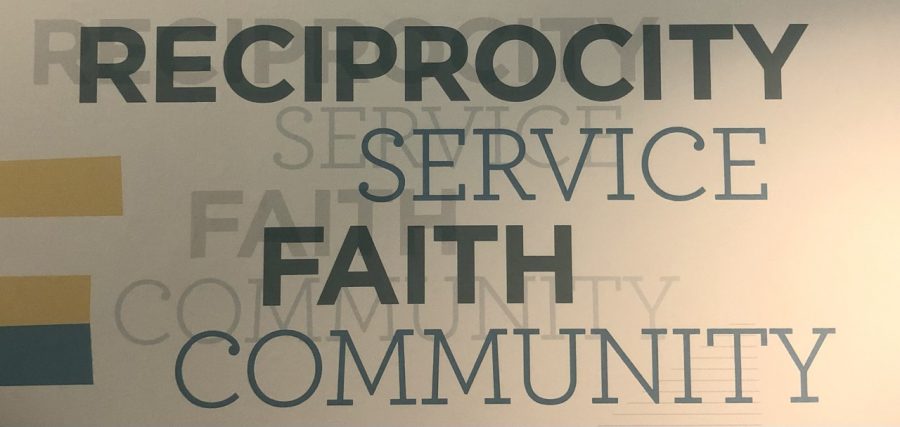When I was younger, I earned four years of college tuition in 13 weeks working in a steel mill. Today, for a student in a private high school and university, a family needs a half million dollars in before-tax income to pay for those eight years of secondary and college education. That’s no summer job.
The question, “Is college worth it?” looms larger each year. The answer is, “Almost always.” A more cautious response might be, “It depends.” While the costs of a college education have soared in the past 30 years, the value or worth of the degree or educational outcome, has become much more problematic. More important, the definition of “worth” or “value” is highly personal. While economists may be able to measure the likely income prospects of a college degree and the impact on the economy of a college-educated work force, later in life income dollars don’t always cover the inflated up front cost of college and, more important, dollar measures miss much of the worth or value of a degree to a student or parent. What is it you want from your college degree and experience? How do you measure “worth”? What else might you do with $250,000?
And while the lifelong financial advantage of a college degree remains high, the payback period—if you only think in terms of dollars—may be 30 years, and that assumes you stay in the work force for 30 years. Perhaps the hardest lesson to master in college is the ability to look thirty years down the road. So don’t just do the minimum in college. Take advantage of the rich resources and opportunities—and the time —you will most likely never have again. Invest in yourself.
Most importantly, college is the time to explore, examine and reflect, to develop a meaningful life philosophy and a sense of purpose. For the most part, academic mistakes cost you little, especially as compared to the cost of mistakes in life after college. You may feel slighted or angry with a bad grade, but if you learned something useful, about life, yourself or your role in the world, you paid a very low price to gain something truly important. Learning a lot—rather than just picking up an easy high grade—will be of greater use to you in life than a higher grade point average. That doesn’t mean that grades don’t matter. What it means is that learning, knowledge, skills and wisdom are more important than grades, and few grades measure those key features.
So, is college worth it? Let me set this academic challenge: Your assignment is to make a presentation to your parents, a presentation to convince them that your educational costs are a worthwhile investment. Pull up that Excel and PowerPoint. Google search some data. Check your philosophy notes. Bone up on your economics. Choose your own measures. You will have a critical but loving audience for your presentation. And if you can’t make the case to your parents at this point in your college career, maybe college isn’t worth it. Or maybe you just have to think about it some more before that presentation. This is not a test. This is real life.
(photo via)










































































































Anonymous • Apr 29, 2019 at 6:04 pm
5